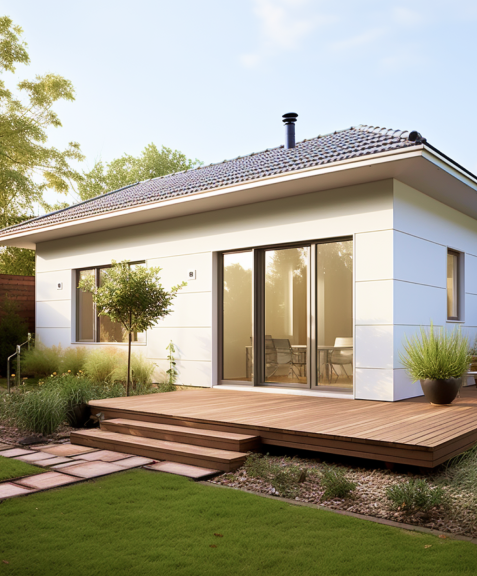
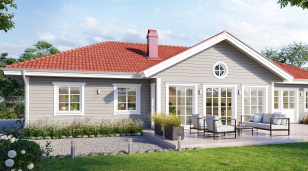



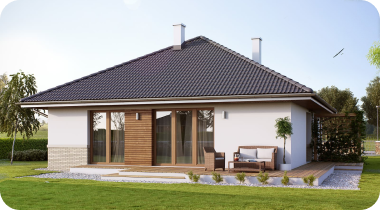
A link to download your FREE brochure will be in your inbox in 3 minutes
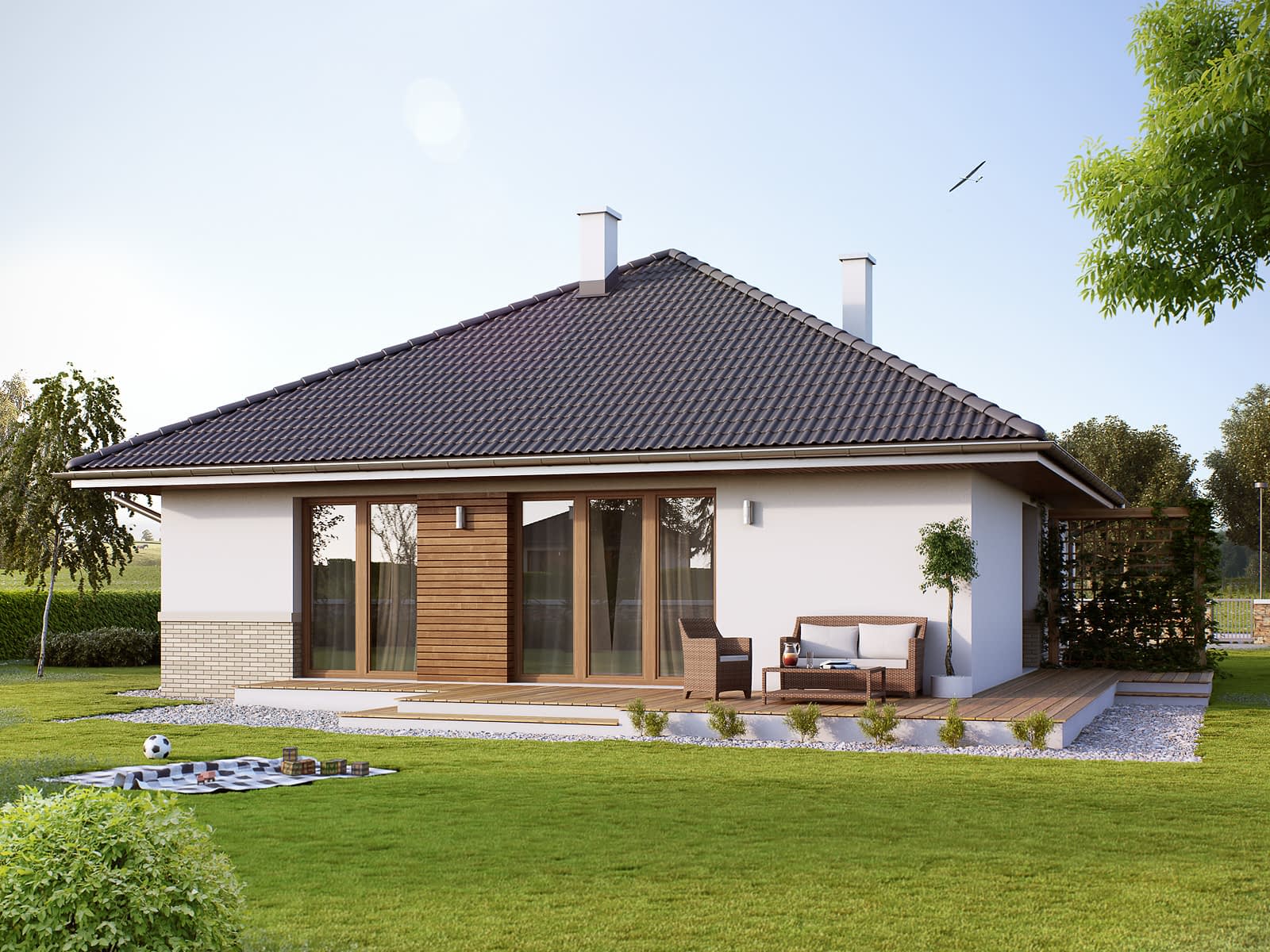






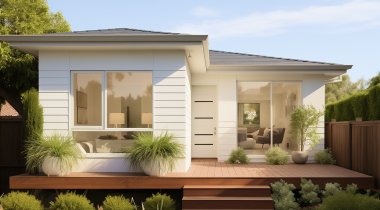











The final price may vary based on project specifics.
To get a free accurate quote tailored to your needs, book a consultation with us today!

The price per square foot provided is an average and may vary depending on project-specific details such as materials, location, complexity, and other factors. Actual costs may differ from the average provided.
It is recommended to obtain a detailed quote based on the specific requirements of your project.

Please note that the monthly payment displayed on this page is an estimate and is subject to variation based on the selected loan product, applicants credit score, loan amount, and other financial details. Actual monthly payment may differ from the estimate provided.
It is recommended to seek advice from a financial advisor or loan officer to obtain precise payment information tailored to individual circumstances.
 Your Trusted
Local Contractor
Your Trusted
Local Contractor

The tiny house movement has swept across the US like wildfire, inspiring thousands to embrace a more minimalist lifestyle, but not without its legal challenges. Though these humble abodes have garnered significant attention and popularity, not all states in the US have welcomed the idea of living in such compact spaces.
Tiny homes, at their core, represent a transformative shift in the way we perceive housing and personal living space. Stemming from the tiny house movement, these homes are significantly smaller than traditional houses, often encompassing between 100 to 400 square feet which is equal to the area of the junior accessory dwelling unit.
While they might seem restrictive in size, tiny homes provide myriad benefits:
With the growing popularity of the tiny home movement, many have shown interest in adopting a more sustainable and minimalist lifestyle. Yet, aspiring tiny home owners often face a maze of local laws, stringent building regulations, and varied statewide building codes. This complexity is further intensified by the diverse definitions surrounding tiny homes. In many counties and states, the pivotal question remains: Is a tiny house a permanent residence, akin to traditional homes adhering to the international residential code, or does it fall under the category of recreational vehicles, allowed primarily in RV parks or any other tiny house community?
While tiny home builders are diligently working to craft innovative living spaces, there are still strict regulations in most cities and states that hinder the progress of this new trend. The challenge is multifaceted. For instance, some states in the US, like West Virginia and North Dakota, aren't exactly tiny house friendly states. This reluctance often stems from the lack of a clear distinction between mobile homes and tiny houses. Even if you wish to build a tiny house, you must confront not just state-wide concerns but even city and county-specific rules. South Dakota, for example, might have lenient regulations, but Washington State could pose more challenges.
Interestingly, the entire state of West Virginia hasn’t fully embraced the tiny living trend. With Pima County in Arizona being an exception, many cities and counties remain skeptical, particularly when it comes to allowing tiny houses. In many places, the rules and regulations around building temporary buildings differ drastically from those for tiny houses.
Many enthusiasts often wonder, "In what states do they not allow tiny homes?" To answer this, it's crucial to differentiate between tiny houses on wheels and stationary tiny homes:
However, as with many regulations, even within states like South Dakota and Washington State, individual cities and counties might have their own rules regarding tiny house legality. For instance, Pima County in Arizona has been more receptive to tiny homes than other counties.
Among all tiny homes legal nuances, zoning requirements are the most essential, since zoning laws often dictate where tiny homes can be legally placed.
Local zoning laws are a patchwork quilt, differing from one jurisdiction to the next:
Before you contact tiny house builders or commit to tiny house living, it's essential to know the legal landscape and remember a few regulations that are of the greatest importance in the question of whether tiny houses legal or not:
Finding a place to legally live in your tiny home can be a challenge, given the local laws and different rules in different cities:
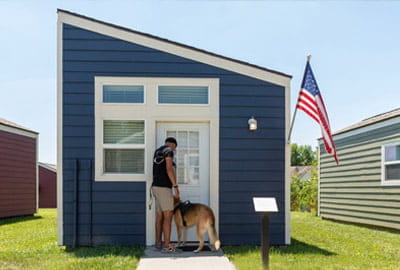
To sum it up, the tiny home revolution has transformed the way numerous individuals approach financial independence and lifestyle choices. However, this shift hasn't been free of hurdles. With the growing appeal of these compact dwellings, there's optimism that an increasing number of states will lean towards more accommodating policies soon. Until then, those considering a transition to tiny living need to be meticulous in understanding regional and national legalities.
When exploring the differences between tiny homes and conventional houses, several distinctions emerge. Traditional homes are often constructed in accordance with the international residential code, providing more generous living space and typically boasting a permanent foundation. In contrast, tiny homes, especially those identified as tiny houses on wheels, encapsulate a reduced living space. This limited space challenges architects and builders to create innovative designs that make the most out of every available inch. While there might be a temptation to equate them with mobile homes, the craftsmanship, design aesthetics, and overarching intent behind tiny houses set them apart in the housing landscape.
Of course! While tiny living is closely associated with a minimalist lifestyle, numerous families have discovered inventive solutions to make the most out of their compact living space. It's all about adapting to the unique joys and challenges, ensuring that every member has their own comfortable space. However, it's also crucial to check local zoning laws and regulations, as some places might have rules regarding the minimum living space per individual.
Not necessarily. Unlike traditional mobile homes, tiny houses, especially those crafted with quality materials by renowned tiny home builders, can maintain or even appreciate their value over time. Factors like location, the local real estate market, and how well the home has been maintained play significant roles.
Yes, numerous tiny home communities and tiny house hotels are emerging across the US, like in West Virginia and North Dakota, providing collective living experiences for enthusiasts. Such a tiny home community can offer a unique blend of private tiny living spaces with shared community amenities, making it easier for individuals to live in a tiny dwelling while being part of a larger, supportive community. Moreover, as recognized by many customers, time in tiny living hotels brings unforgettable impressions and emotions.
Tiny house laws vary from state to state, so if you want to build a tiny house, you should take this issue responsibly, consult a lawyer, study residential codes, and understand which county will allow tiny houses construction. The most crucial legal nuance lies in the differences between whether a person wants to build temporary buildings, e.g., tiny house on wheels, or a permanent building, for example, tiny house hotel.